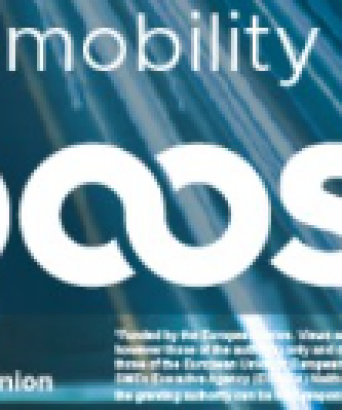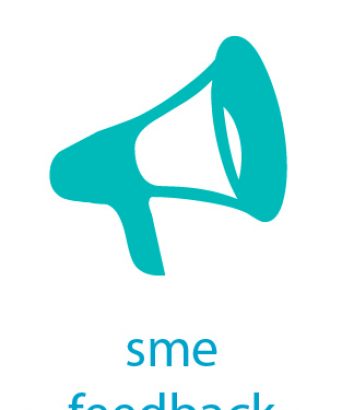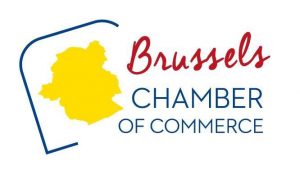The first results of the SME survey on supply chain disruption in Europe due to COVID 19 are published. Here are the preliminary findings based on 560 responses from 21 member states.
• 74% of SMEs were negatively affected by the crisis with supply chain disruptions, employee absences due to sickness or childcare, and production shutdowns being the leading problems
• Top three causes are delays due to logistics and transport problems, border closures and lockdowns
• Two thirds of respondents had no plan in place to handle supply chain disruption before the crisis
• The top three direct responses to the crisis were increased teleworking, reduced employment and
increased marketing
• The biggest part of respondents are active in manufacturing, followed by wholesale and retail trade. More than 46% of respondents are micro enterprises with up to nine employees. One third of surveyed companies are active in third countries beyond the EU
• Companies were asked to associate themselves to the 14 industrial ecosystems of the EU industrial strategy. The biggest numbers of respondents are part of Retail, Tourism, Agri food, Mobility Transport Automotive and Construction
Impact on companies
- The COVID 19 crisis strongly or moderately affected about 74% of the responding companies, forcing them to deal with supply chain disruptions, employee absences and temporary shutdowns among others.
- The most obvious reasons were delays due to transport and logistics problems, border closings and national lockdown measures On one side, this resulted in most cases in a partial halt of operations and continuing operations with alternative suppliers. On the other side, 20, 6% of respondents did not observe any major effects.
- The crisis also brought some new possibilities for a number of SMEs 17,6% of respondents could strengthen their online presence, 12% developed new products and 7,2% could even increase their turnover.
- Looking at the preparedness of SMEs, almost two third of respondents had no plan in place to handle supply chain disruption before the crisis. One third of all respondents created one during the pandemic contrary to 18% of respondents who had a plan already before the crisis.
Response of companies to the crisis
- Companies acted quickly to address the effects of the crisis. Introducing teleworking, temporarily reducing employment, increasing marketing efforts, customizing or developing new products, and rescheduling bank loans are the top five steps taken by the respondents.
- As a direct response to supply chain problems, the actions included looking for alternative suppliers or setting up a plan to become more resilient to supply chain disruptions Around one fifth of respondents revised their supply chain and another fifth modified its products/services 20% of respondents suspended/halted their operations
- To the question of replacing third country suppliers with EU based suppliers, almost 28% of respondents says that it is possible to replace all or most third country suppliers. In contrast 23,1% think that only part of them are replaceable, and for 13,5% it is not possible at all.





